MTa MINI
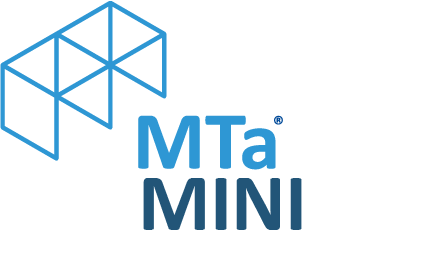
Big learning in a small package
MTa MINI is a compact, powerful experiential learning kit designed for maximum flexibility.
The first 4 activities are ideal for introducing core team skills like communication, planning, customer orientation, and inter-team collaboration—making them perfect for new starters, apprentices, and junior team members.
The final 5 offer more challenge and depth, helping experienced teams build leadership capabilities, navigate complex projects, and collaborate effectively across functions, hierarchies, or physical distances.
Whether you're looking to energise a group, explore behavioural dynamics, or embed key workplace skills, MTa MINI offers a versatile solution in a small, portable format.
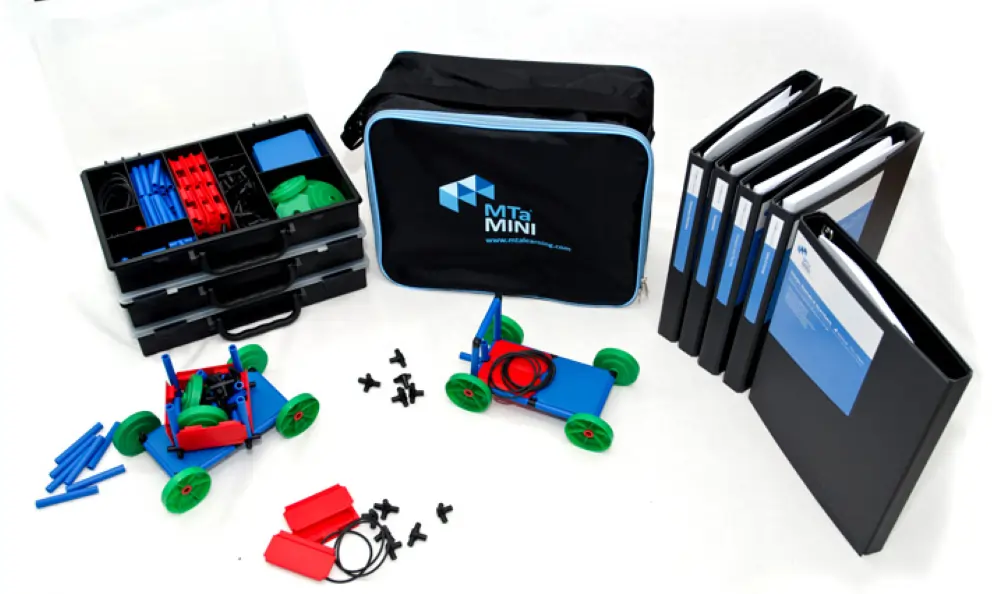

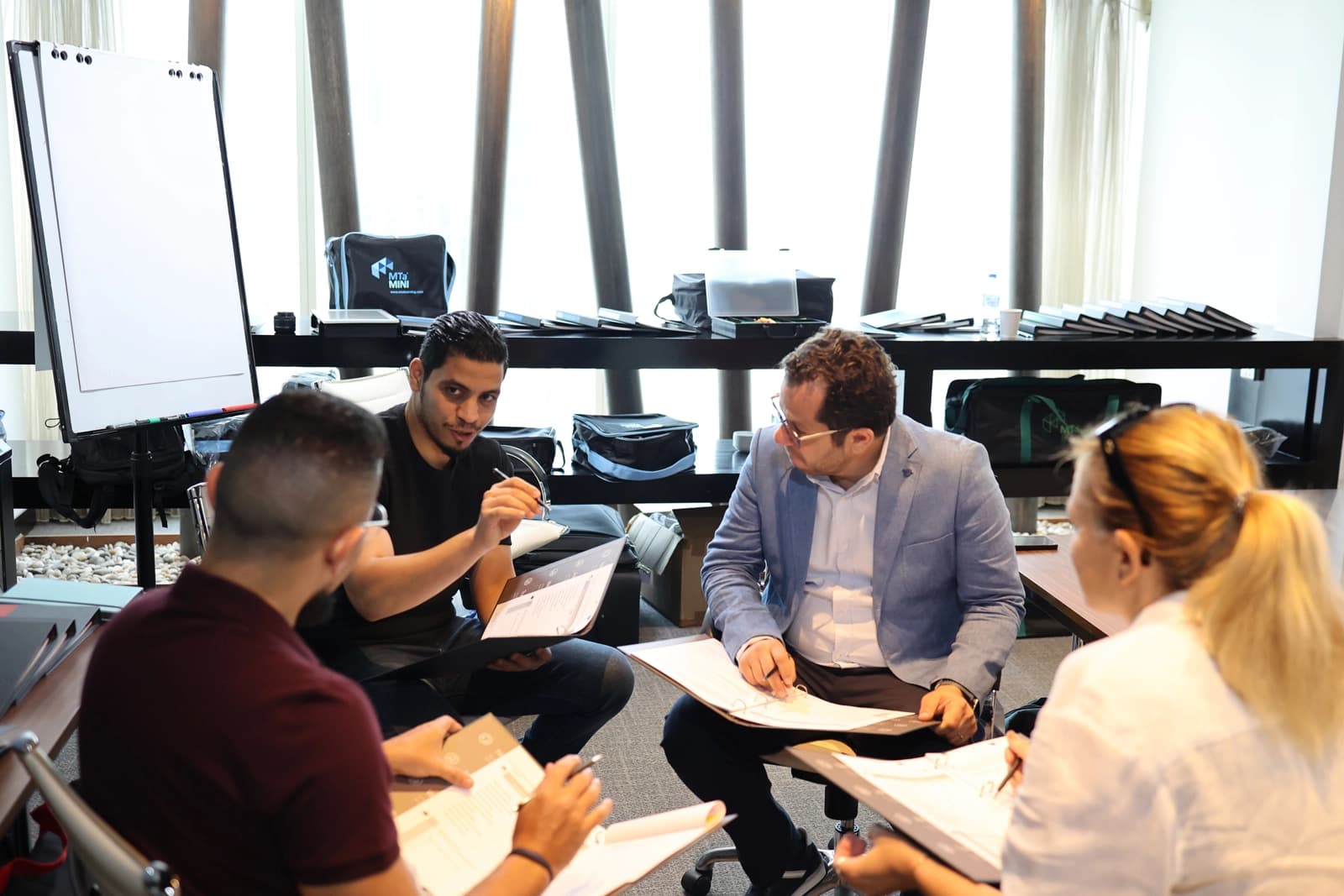
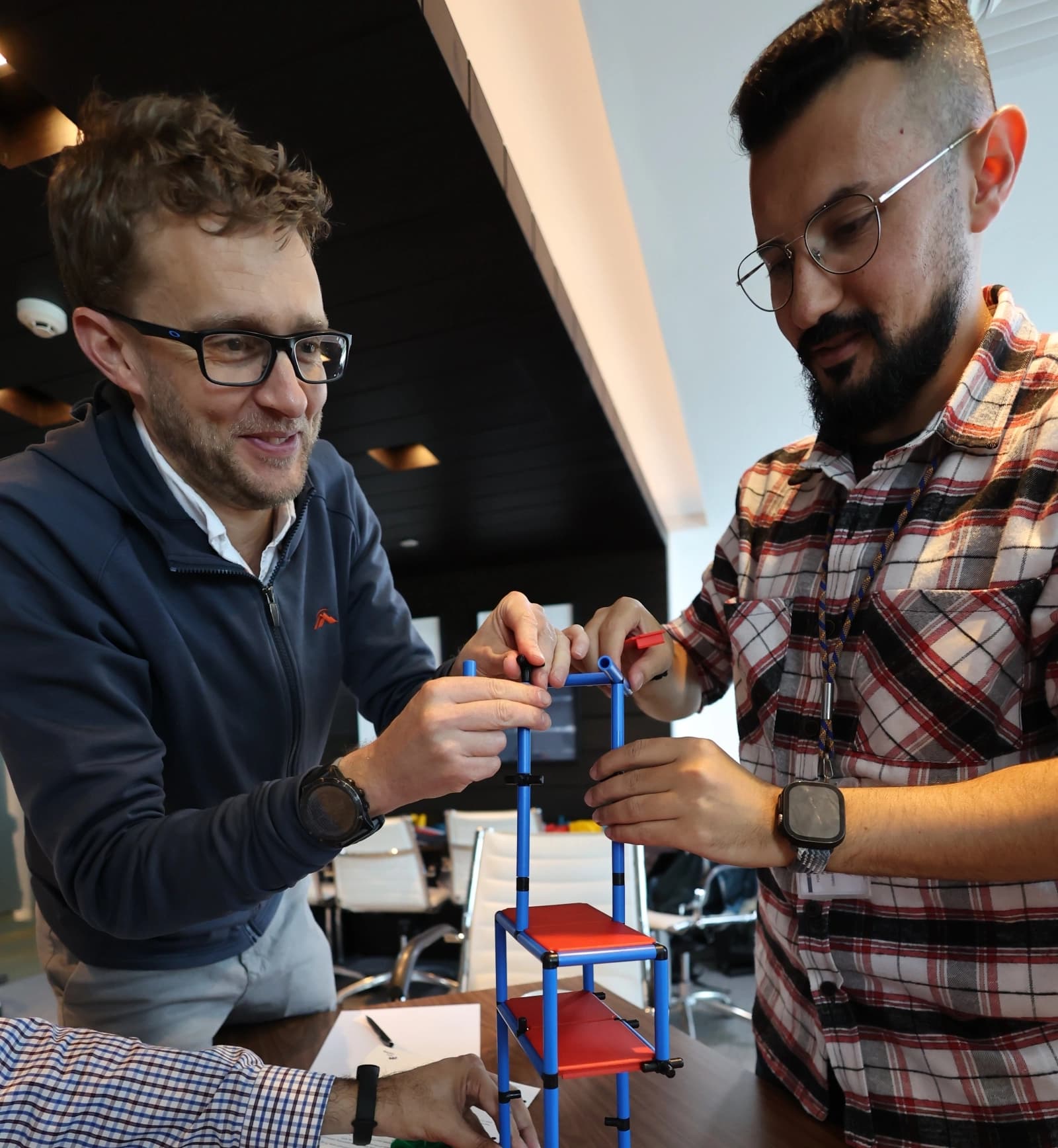
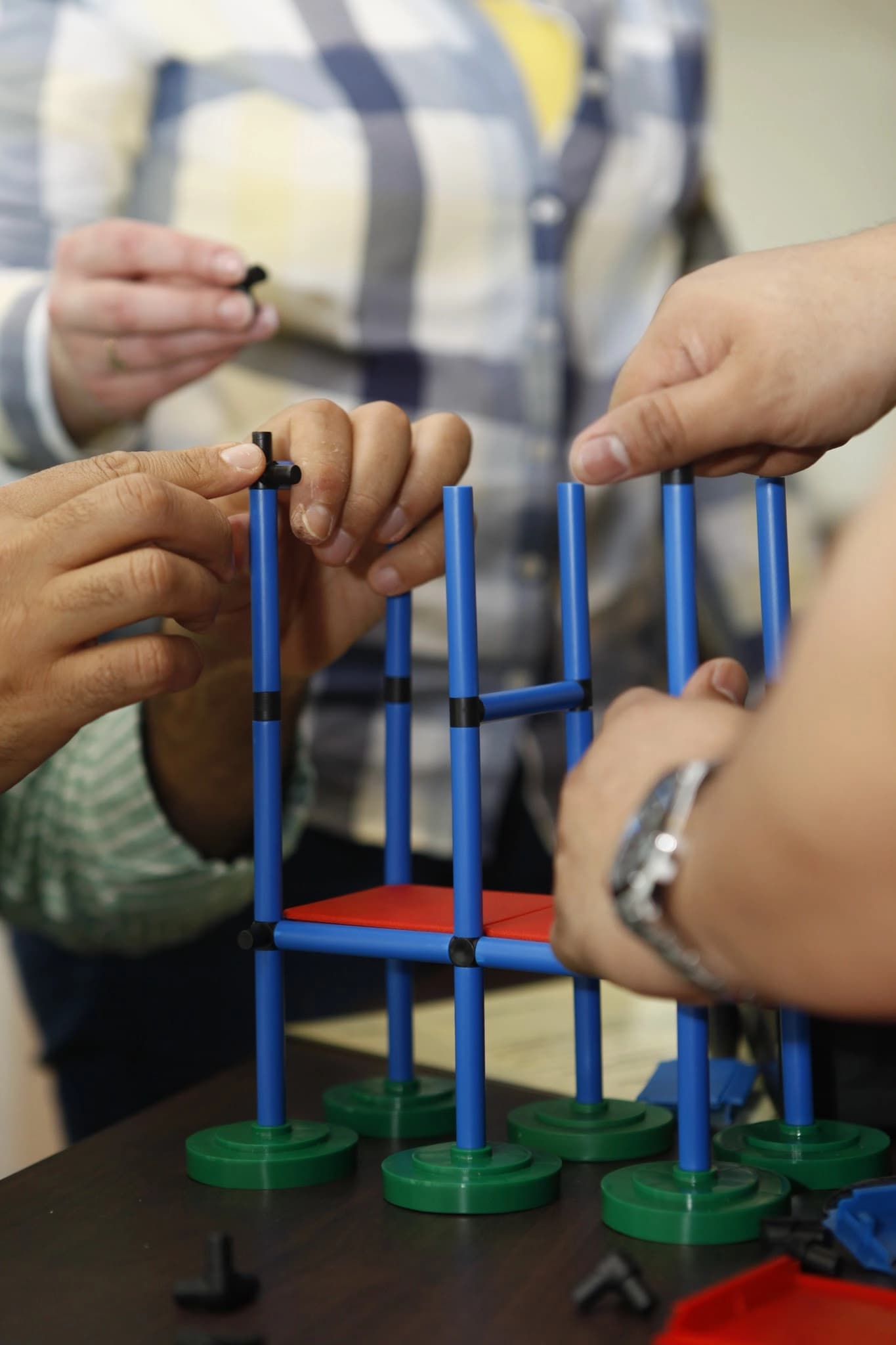
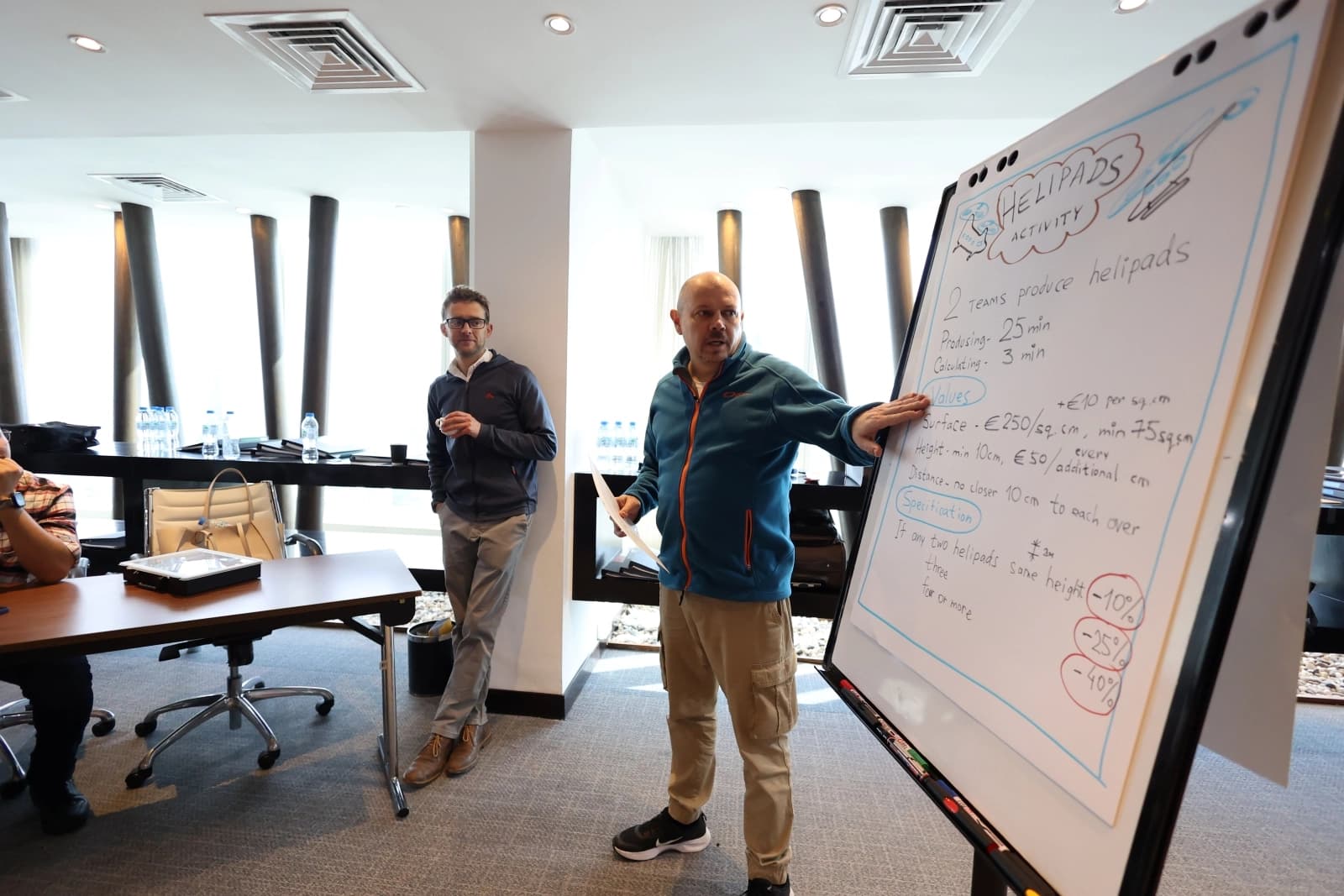

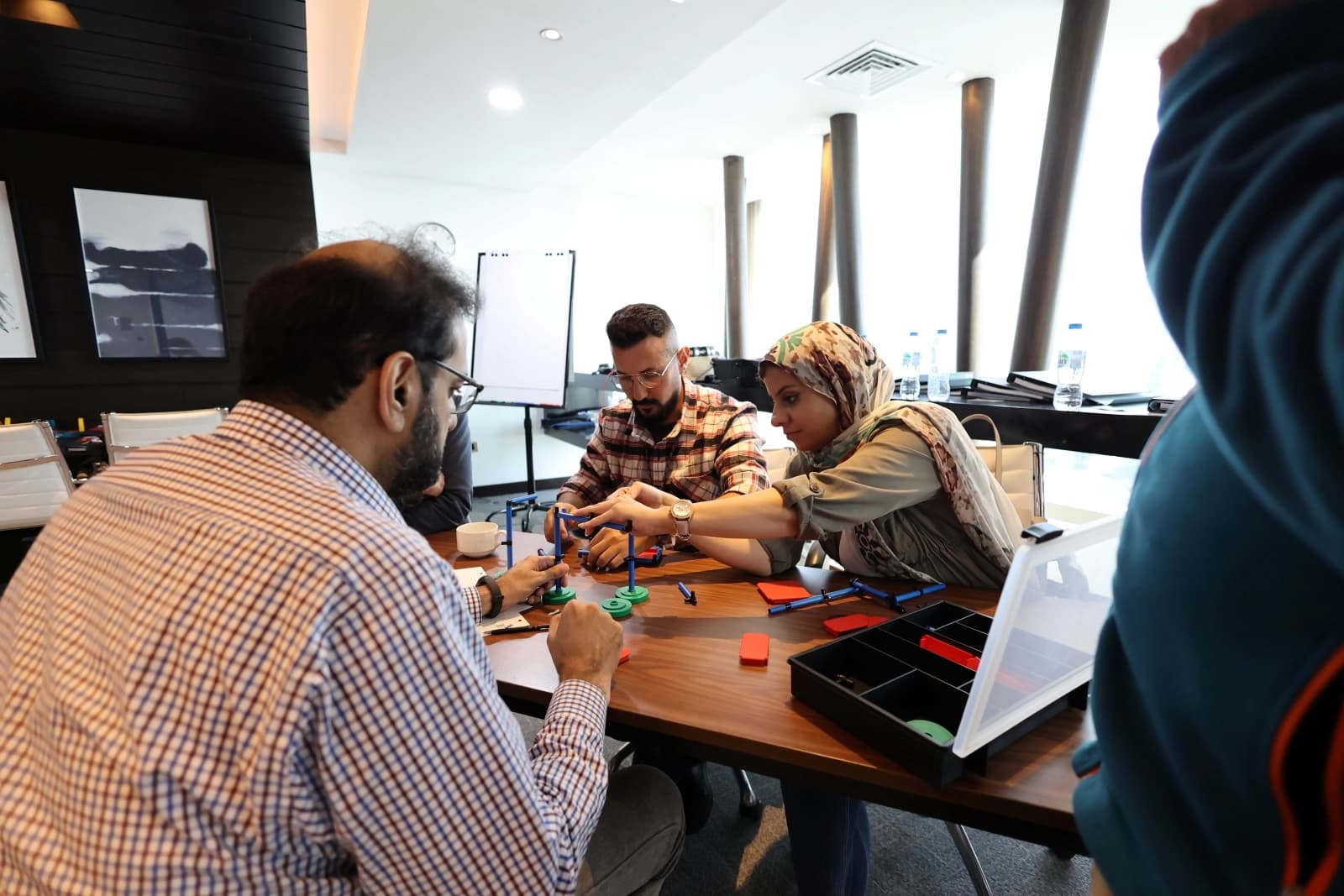








Get Inspired
How do facilitators like you use MTa tools? #TheMTaWay

The Estee Lauder Companies
Innovation on the agenda at this workshop, facilitated by Tina Rudd, Learning and Development Partner.
Outcomes: Change Management
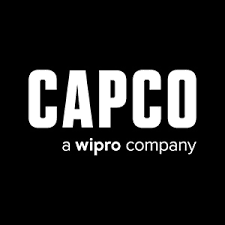
CAPCO
Effectively used as part of CAPCO's HIPO programme.
Outcomes: Clarity of objectives, strategic thinking, understanding complex multi-team environments, behaviours & attitudes.
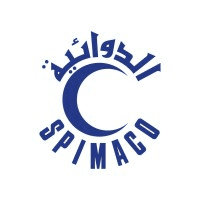
SPIMACO, Riyadh
HNI keeping the learning alive with SPIMACO Pharma & execution.
Outcomes: Planning & execution
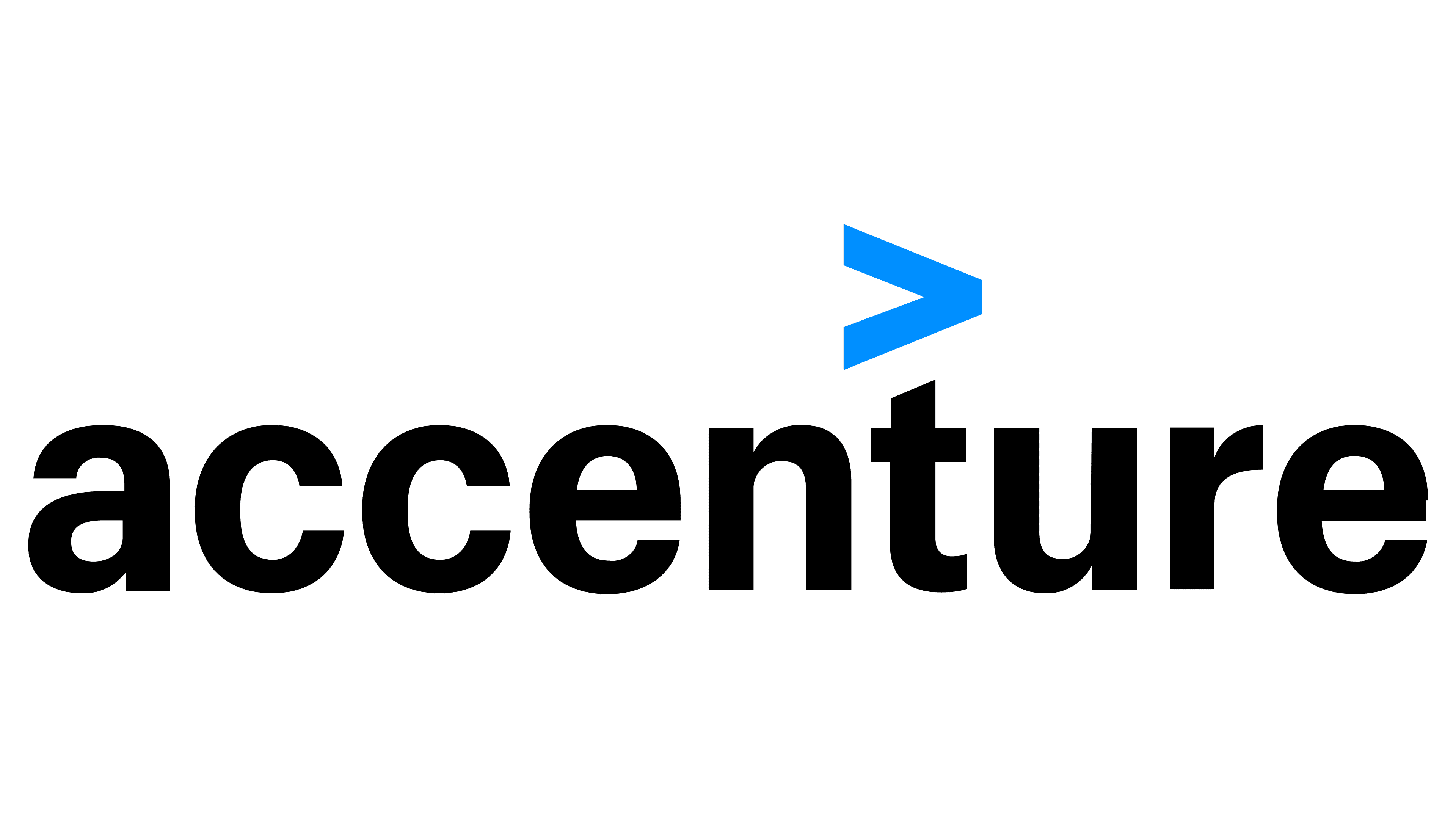

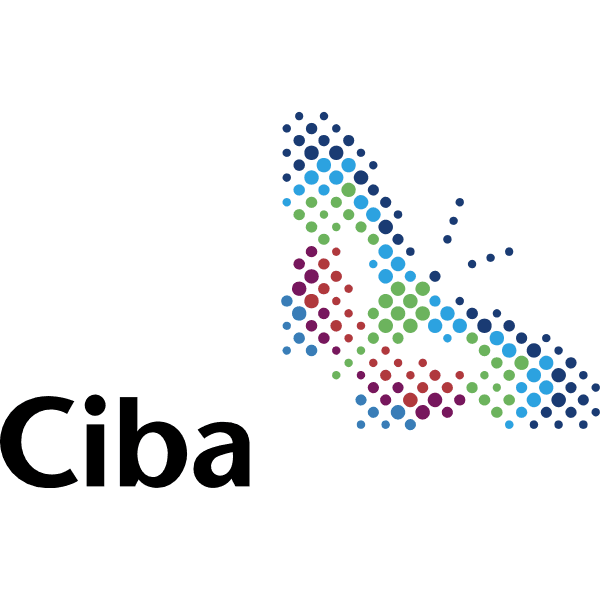



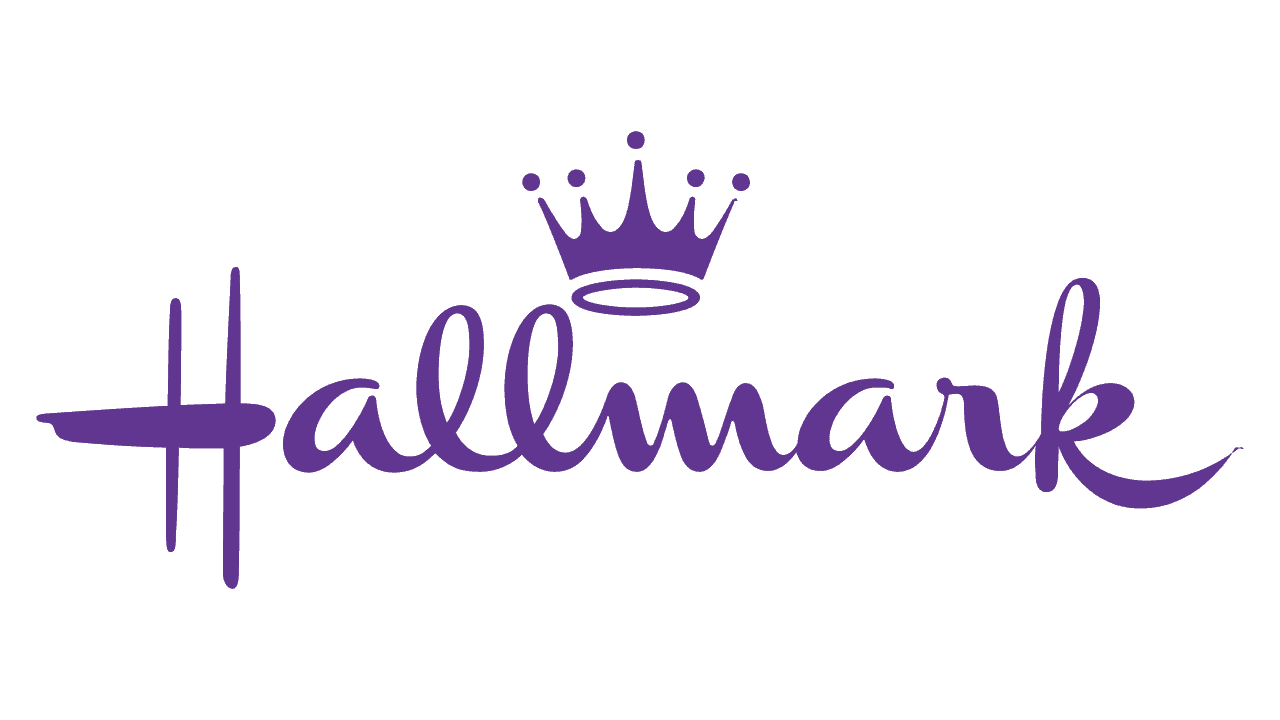

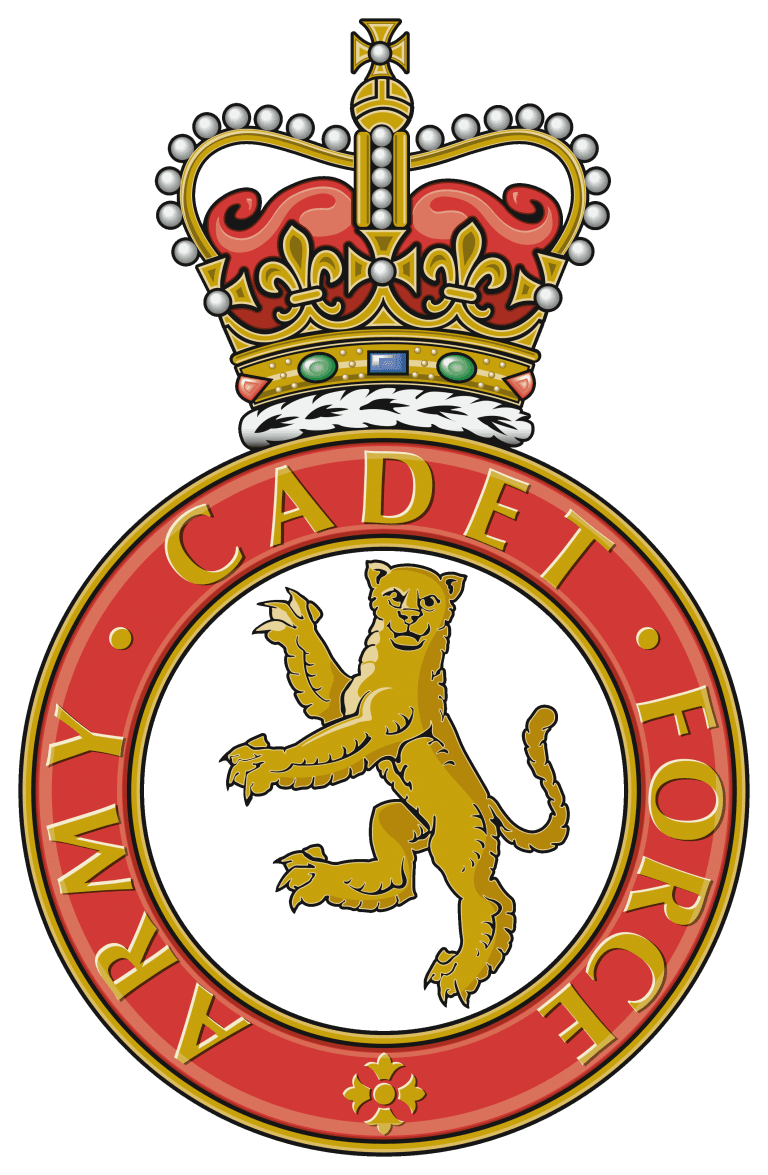
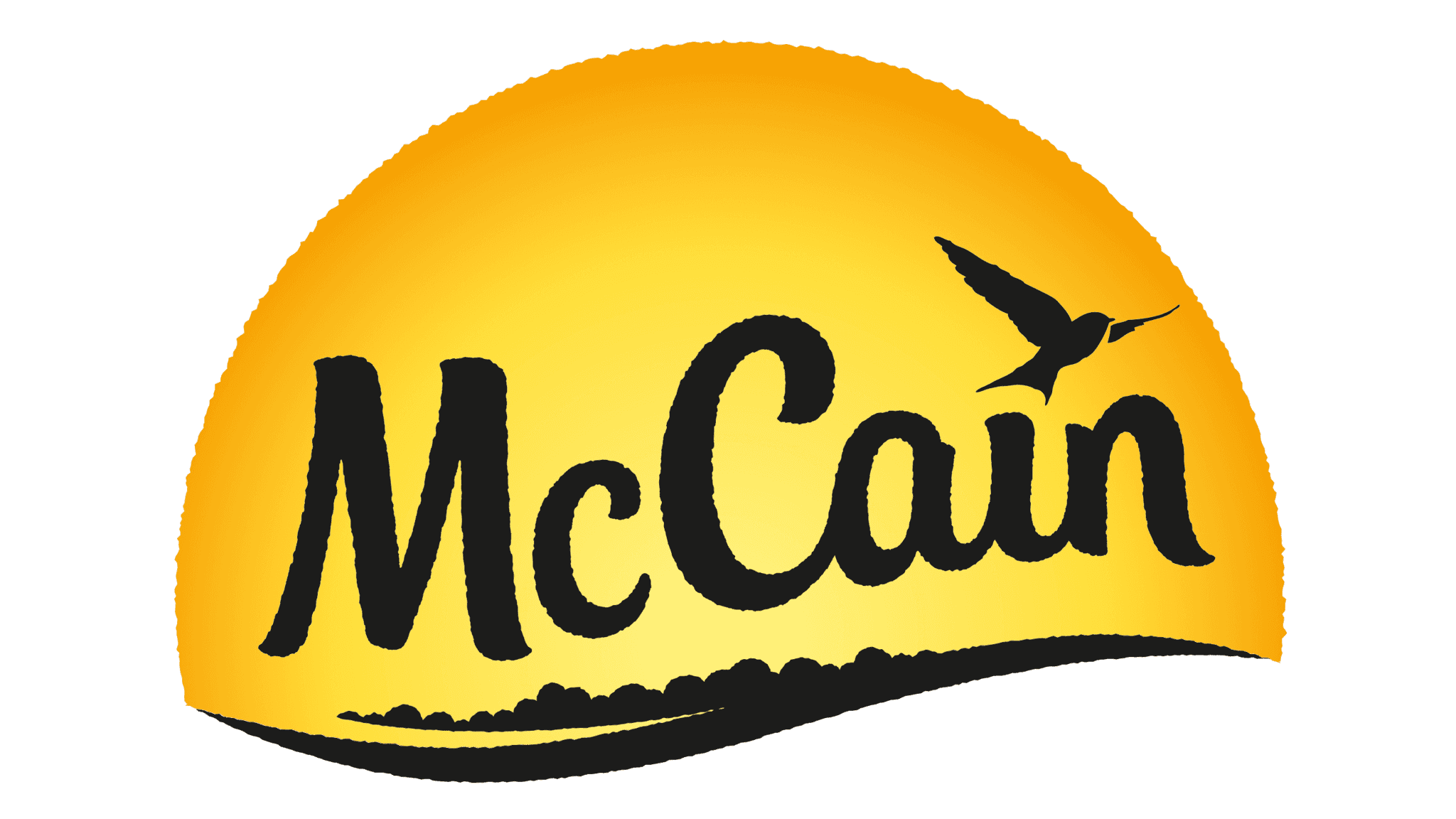
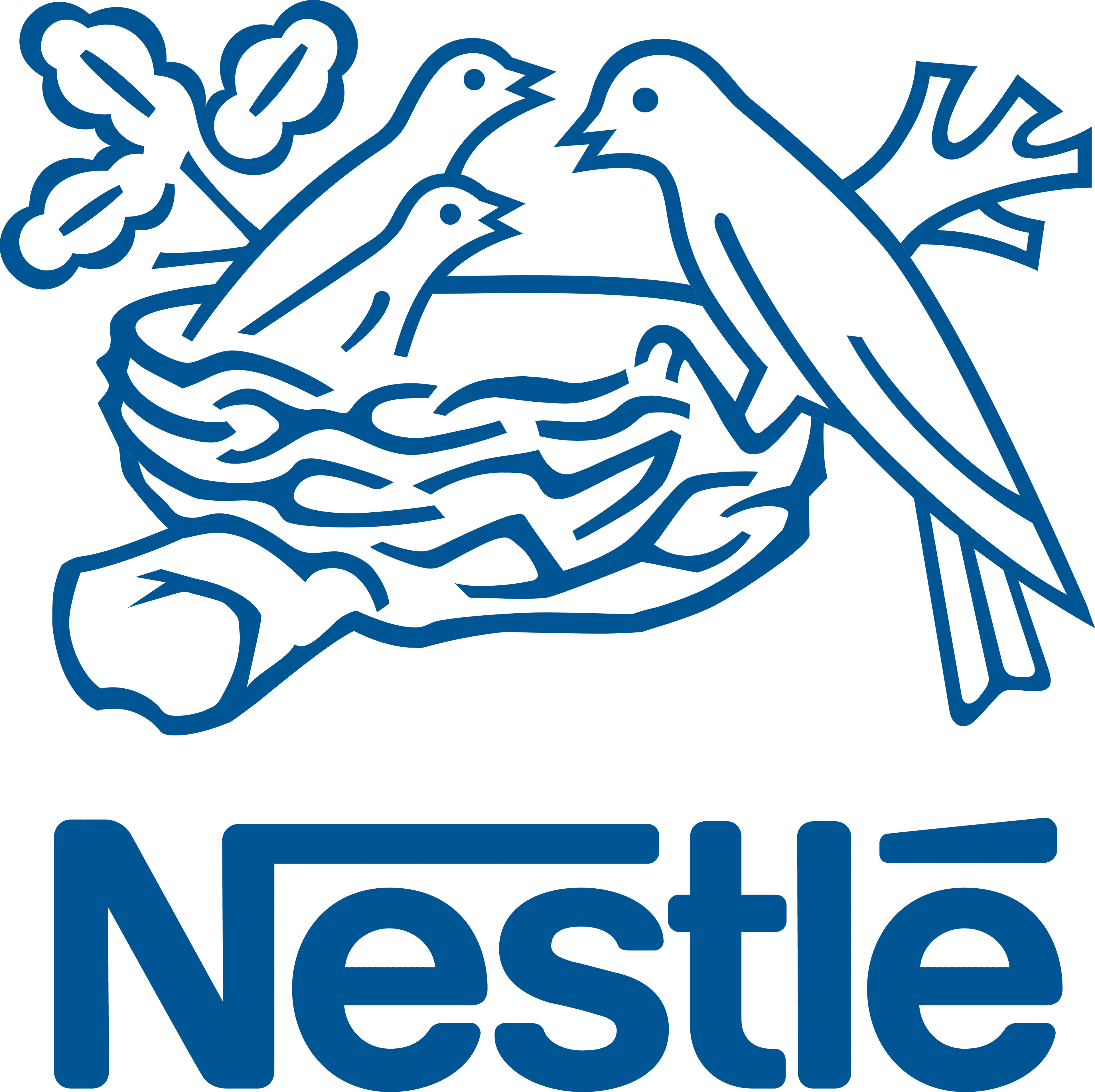
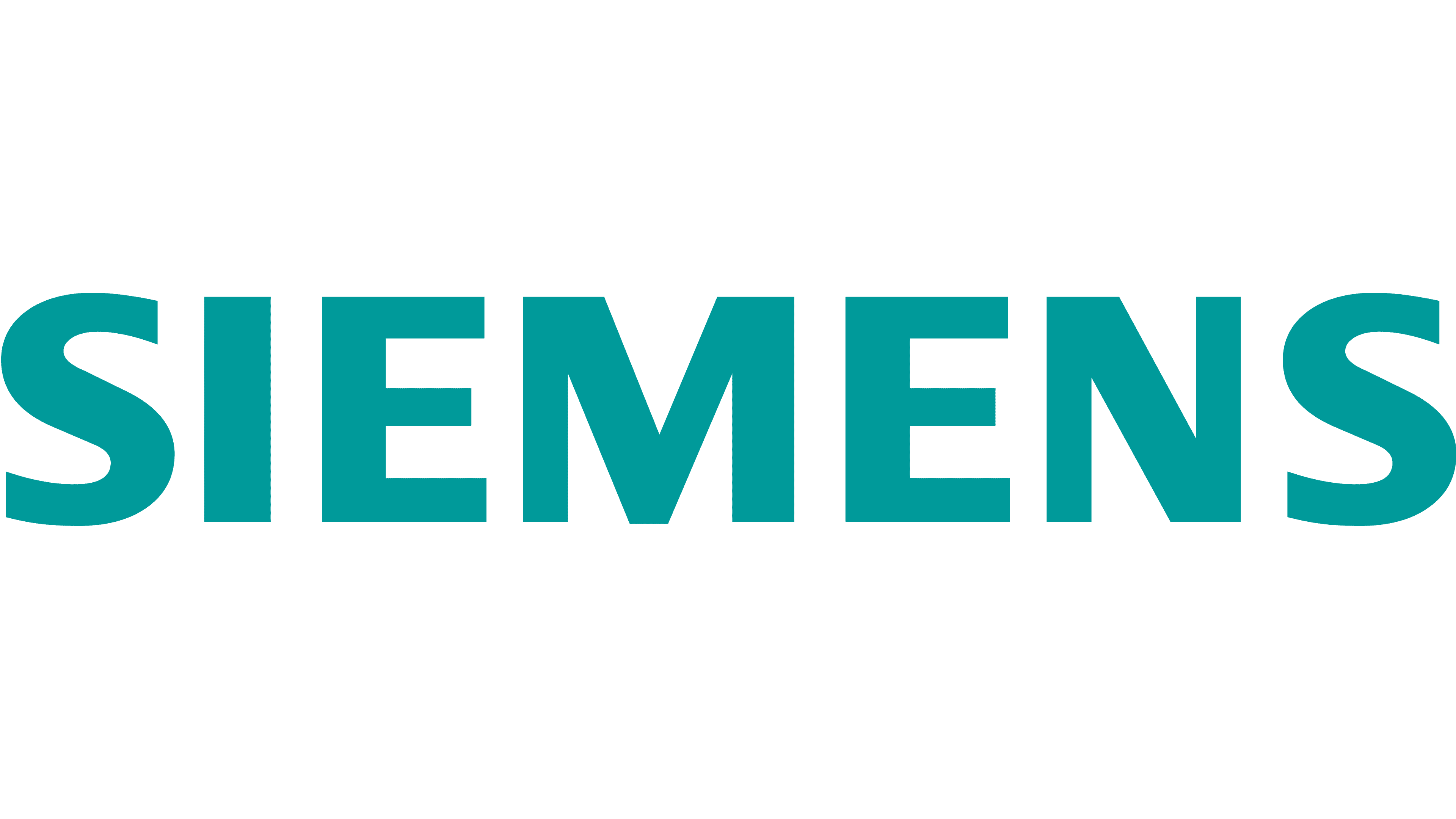




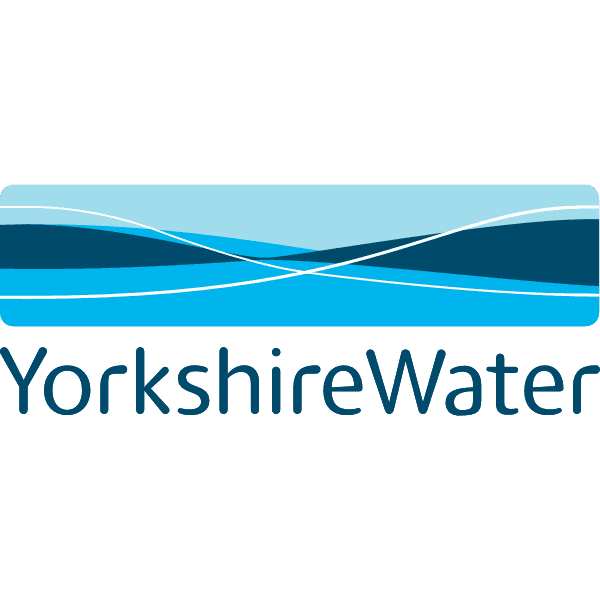
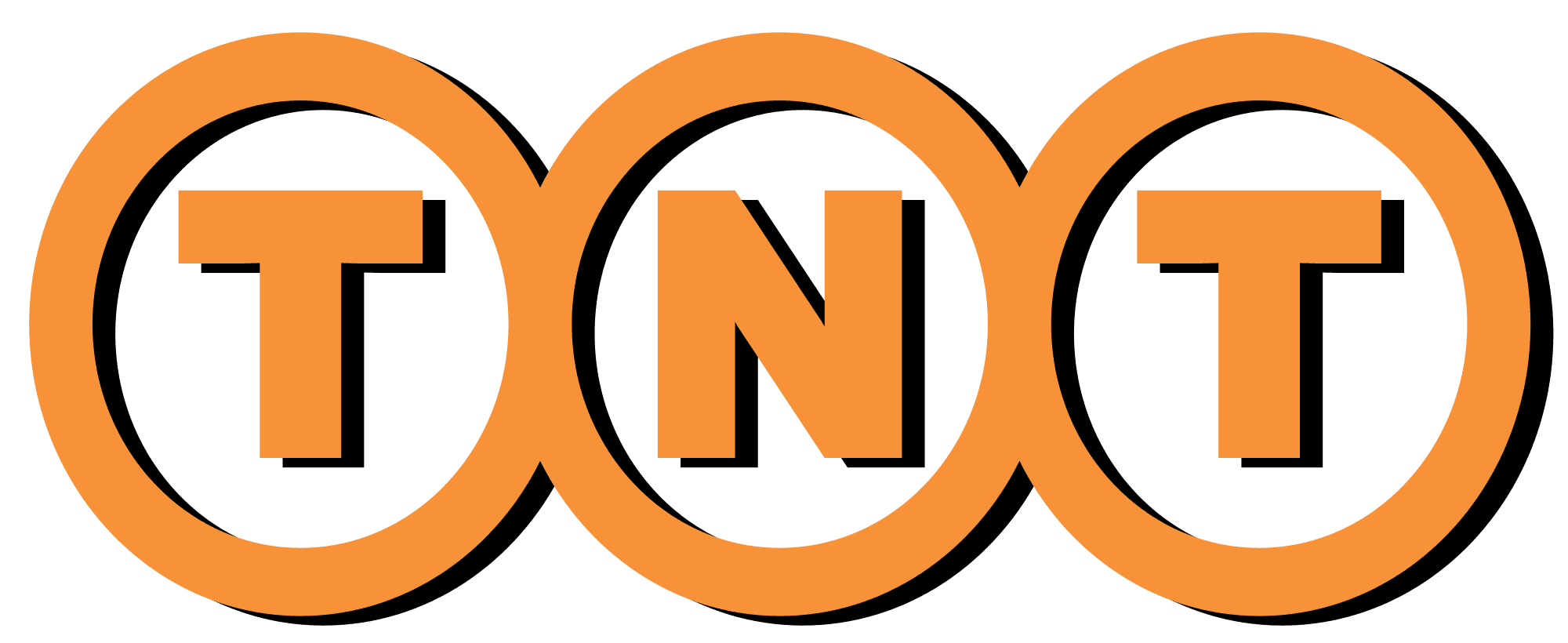
Solving your problems
It's right for you
If you're a facilitator who wants to improve collaboration within or across teams. Or you need a versatile experiential learning kit you can travel with.
What's included
3 sets of MTa MINI and the facilitator guides, participant briefs and reflection questions for 9 experiential activities.
When to use it
Use these experiential activities to develop team skills when space is limited, or when you wish to stimulate the challenges of working across departments, countries of cultures.
It's right for you
If you're a facilitator who wants to improve collaboration within or across teams. Or you need a versatile experiential learning kit you can travel with.
What's included
3 sets of MTa MINI and the facilitator guides, participant briefs and reflection questions for 9 experiential activities.
When to use it
Use these experiential activities to develop team skills when space is limited, or when you wish to stimulate the challenges of working across departments, countries of cultures.
Your MTa MINI will contain 9 activities to improve team, leadership and organisational performance
Effective Interactions
Four energizing activities introduce teamwork essentials. From "Handcuffed," an ice-breaker exploring planning and collaboration, to "Helipads," which challenges teams to achieve success through inter-team cooperation and adaptability.
Remote Workers That Get Results
In "Transport," teams in separate locations collaborate to build a truck and skips. Success hinges on understanding the immediate impact of their actions, fostering strong communication and teamwork.
Teams That Talk
In "Carts and Horses," teams design and replicate models through verbal communication only—no writing or drawing. The task tests clarity, collaboration, and communication under constraints.
Project Teams That Perform
"The Rig" challenges teams to build a profitable oil rig by managing costs, working across locations, and maintaining focus on the end goal, despite complex logistics.
Change Champions
"Words, Names and Numbers" begins with independent teams and later merges them into one. The activity highlights challenges in adapting to change and capitalizing on new opportunities.
Savvy Situational Leaders
In "Promises, Promises," leaders balance customer demands and team constraints under pressure. The task underscores the importance of prioritization, resource management, and leadership adaptability.
Transport: MTa MINI
- Time:1 – 2 hours
- Participants:8 - 12
- Level:Intermediate
Two teams that work in different locations have the opportunity to meet in a third location. The teams have to work together to build an articulated truck and two skips that can be transported by the truck. One team has to build the tractor unit and a skip that can hold all of the unused materials, the other the trailer and a skip for any scrap that is produced.
To be successful teams need to be aware that their actions will have an immediate effect on each other, so they must communicate and work accordingly.
The Discussion Topics are:
- Understanding the overall objective and constraints
- Planning
- Teams working on related tasks in different locations
- Communicating effectively between inter-dependent teams
Handcuffed: MTa MINI
- Time:20 - 60 Minutes
- Participants:3-15
- Level:Introductory
Handcuffed is a flexible 2-part activity which energizes whilst introducing and developing the core elements of team working. In Part 1 teams compete against each other, whereas in Part 2 the teams have to cooperate and communicate effectively to achieve their goals.
Part 1 can be used in isolation to 'break the ice' whilst introducing the importance of basic team skills (planning, co-operation etc.).
The Discussion Topics are:
- Planning and working together under pressure
- Awareness of others needs
- Helping each other to complete their tasks
- Achieving success through teamwork
- Inter-team working
- Careful and detailed planning.
Gantry: MTa MINI
- Time:60 Minutes
- Participants:3 - 15
- Level:Introductory
A competitive activity to help participants understand the importance of customer orientation, establishing and working to priorities, planning (and revising plans), estimating costs and working within a set time frame.
The Discussion Topics are:
- Customer focus: identifying, understanding and meeting customer priorities
- Planning
- Working together
- Reviewing progress against objectives
- Changing plans (with agreement) as necessary.
Within Four Walls: MTa MINI
- Time:45 - 60 minutes
- Participants:6 - 15
- Level:Intermediate
This activity is for people who need to set targets and plan in a competitive environment. The task is simple, but as new information is received groups need to reconsider earlier decisions: progress needs to be monitored, targets revised and plans changed with everyone's agreement as the task unfolds.
The Discussion Topics are:
- Reviewing progress
- Planning in a competitive environment
- Setting and achieving realistic (stretching?) targets
- Valuing new information and revising targets and plans appropriately
- Understanding and focusing on priorities
- Group decision making.
Helipads: MTa MINI
- Time:60 Minutes
- Participants:6 - 12
- Level:Intermediate
Helipads involve 2 or 3 competing teams. It is designed to demonstrate how effective team working within and between teams influences business success and highlight the key qualities that influence the process.
Team success is dependent of the value of the final product, but it addition to organising themselves, competing teams need to work together to ensure that they do not reduce the value of their products: the value of any helipad is reduced if two or more are produced to the same specification, but some specifications are more profitable than others.
The Discussion Topics are:
- Understanding and achieving business success
- Planning within and between teams
- Making the most of market opportunities
- Introduction to negotiating
- Developing team skills
- Taking personal responsibility and trusting others to do their job.
Carts and Horses: MTa MINI
- Time:1 - 2 hours
- Participants:8 - 15
- Level:Intermediate
Using similar components, 2 or 3 teams work independently to assemble a model of their own design.Then, using only face to face, verbal and telephone communications (nothing written or drawn) each team has to build an exact replica of another team's model. The task becomes more complicated because each group only has enough components to create one model at a time.
The Discussion Topics are:
- Understanding the overall objective
- Planning and revising plans
- Inter-team communications
- Co-operating, not competing teams
- Instructing
The Rig: MTa MINI
- Time:1 - 2 hours
- Participants:6 - 12
- Level:Intermediate
The aim is to make money by producing a model oil rig. The value of the oil rig depends on set criteria and everything has a cost. The group has freedom to organise itself in anyway it wishes, but there are 3 set locations (tabletops) where sub-assemblies must be made before they are moved to the final assembly area.
It is all too easy for the task to take over and for the overall aim (making money) to be forgotten.
The Discussion Topics are:
- Project management
- Understanding the big picture and constraints
- Planning
- One team working on a task but in different locations
- Communicating within a team
- Basic finance
Promises Promises: MTa MINI
- Time:2 - 3 hours
- Participants:9 - 13
- Level:Advanced
The leader has promised that two teams will each deliver a price and a product within a set time. Each team has different constraints, but the tasks seem achievable. Very quickly the stores become a major bottle neck and the promises become daunting. As pressure mounts the need for the manager to focus on the key issues (meeting customer needs and managing human resources) is critical.
The Discussion Topics are:
- Leading different teams at the same time
- Understanding and working with priorities
- Managing changing situations
- Satisfying customers needs
- The cost of rash promises
Words, Names & Numbers: MTa MINI
- Time:1 - 2 hours
- Participants:6 - 12
- Level:Advanced
Initially three teams work independently to produce a product. It's easy. Later they come together as one big team, the brief combining their earlier briefs but additional constraints become the big issue. Teams fail to capitalise on the resources offered by the new 'big team' so the merging of the 'companies' delivers almost no benefit. Why? The answer almost always revolves around attitudes to change and the failure to change approaches to capitalise on the new situation.
The Discussion Topics are:
- Personal attitudes to change
- The benefits of diversity
- Merging teams (and organisations)
- Recognising and benefiting from others' potential
Get a Complete List of MTa MINI Activities Delivered to Your Inbox

You'll be guided by the powerful MTa Experiential Learning System
web_MINI System 1
Select an activity
Choose from 9 compact, high-impact activities designed to develop key personal and team skills. With Essentials and Crossing Boundaries sets, you can tailor sessions to suit a wide range of learning objectives—from foundational teamwork to complex cross-boundary collaboration.
Comprehensive facilitator notes
MTa MINI includes clear, easy-to-use facilitator guides that help you deliver engaging learning experiences with confidence. You’ll receive printed materials and online access through the MTa Portal for added flexibility.
MTa MINI Helipads
MTa MINI Components
Tried and tested activity briefs
Each activity is supported by well-structured participant briefs that ensure clarity and engagement from the start. Simple to deliver, yet effective in setting up deep learning experiences.
MTa MINI components
Tactile and engaging materials - three trays of durable, hands-on components are included. Designed for tabletop use, they help bring learning to life through problem solving, collaboration, and physical interaction—without requiring a large space or setup time.
MTa MINI Rig
MTa MINI Briefing
MTa MINI activities
Deceptively simple, deeply impactful. MTa MINI combines introductory activities (Essentials) with more advanced tasks (Crossing Boundaries).
Reflection
Encourages deep reflection. Every activity includes review questionnaires that guide participants in evaluating behaviours and outcomes. Editable, downloadable versions are also available for digital or blended learning delivery.
MTa MINI Reviewing
MINI Reflection
Learning Transfer
Bring learning back to work. The MTa MINI learning transfer resources help ensure the insights gained in the session are applied back in real-world contexts—strengthening individual and team performance long after the activity ends.
Support
Support every step of the way. Whether you need help selecting an activity or shaping a debrief, our expert team is on hand to support you. Free access to guidance from experienced MTa facilitators and designers is always included.
Jamie Thompson MTa
MTa Licensed User
You'll become a MTa Licensed User
Showcase your investment with the MTa Licensed User badge
Take it to the next level
Get MTa Certified
MTa Certified Logo
web_MINI System 1
Select an activity
Choose from 9 compact, high-impact activities designed to develop key personal and team skills. With Essentials and Crossing Boundaries sets, you can tailor sessions to suit a wide range of learning objectives—from foundational teamwork to complex cross-boundary collaboration.
Comprehensive facilitator notes
MTa MINI includes clear, easy-to-use facilitator guides that help you deliver engaging learning experiences with confidence. You’ll receive printed materials and online access through the MTa Portal for added flexibility.
MTa MINI Helipads
MTa MINI Components
Tried and tested activity briefs
Each activity is supported by well-structured participant briefs that ensure clarity and engagement from the start. Simple to deliver, yet effective in setting up deep learning experiences.
MTa MINI Rig
MTa MINI components
Tactile and engaging materials - three trays of durable, hands-on components are included. Designed for tabletop use, they help bring learning to life through problem solving, collaboration, and physical interaction—without requiring a large space or setup time.
MTa MINI Briefing
MTa MINI activities
Deceptively simple, deeply impactful. MTa MINI combines introductory activities (Essentials) with more advanced tasks (Crossing Boundaries).
MTa MINI Reviewing
Reflection
Encourages deep reflection. Every activity includes review questionnaires that guide participants in evaluating behaviours and outcomes. Editable, downloadable versions are also available for digital or blended learning delivery.
MINI Reflection
Learning Transfer
Bring learning back to work. The MTa MINI learning transfer resources help ensure the insights gained in the session are applied back in real-world contexts—strengthening individual and team performance long after the activity ends.
Jamie Thompson MTa
Support
Support every step of the way. Whether you need help selecting an activity or shaping a debrief, our expert team is on hand to support you. Free access to guidance from experienced MTa facilitators and designers is always included.
MTa Licensed User
You'll become a MTa Licensed User
Showcase your investment with the MTa Licensed User badge
MTa Certified Logo
Take it to the next level
Get MTa Certified

HSBC works in 77 countries and has 10 training centres around the globe. We use MTa materials (all of them!) in a variety of situations: assessment events, small workshops for specific groups and on our graduate training programmes.
Martha B. Birtles, HSBC Holdings PLC

The exercises work every time - brilliant!
Andrew Kerry, The Boots Company

HSBC works in 77 countries and has 10 training centres around the globe. We use MTa materials (all of them!) in a variety of situations: assessment events, small workshops for specific groups and on our graduate training programmes.
Martha B. Birtles, HSBC Holdings PLC

The exercises work every time - brilliant!
Andrew Kerry, The Boots Company
Free Worldwide Delivery
Express delivery to your address
A Lasting Investment
You'll get unlimited access to the MTa learning resources
Money Back Guarantee
28 day return policy, buy with confidence
Expert Support
An experienced facilitator is always on-hand to answer your questions
Start with a conversation
It's how many facilitators begin their journey with MTa's learning tools — a short chat with an MTa expert helps you uncover the right activities and get your questions answered.
